When it comes to power tools, particularly drills, the choice between brushed and brushless motors can significantly impact performance, efficiency, and longevity. Understanding the differences between these two types of motors is crucial for both professionals and DIY enthusiasts alike. In this article, we will delve into the intricacies of brushed and brushless drills, exploring their operational mechanisms, advantages, disadvantages, and ideal applications.
Understanding the Basics: How Each Motor Works
Brushed Motors: The Traditional Choice
Brushed motors have been the standard in power tools for decades. They operate using a simple design that includes a rotor, stator, and brushes. The brushes, typically made of carbon, make physical contact with the commutator on the rotor, allowing electrical current to flow and generate motion. This direct contact, while effective, leads to friction and wear over time.
Brushless Motors: The Modern Alternative
In contrast, brushless motors utilize electronic controllers to manage the flow of electricity to the motor. This design eliminates the need for brushes, resulting in a more efficient operation. The rotor in a brushless motor is located on the outside, while the stator is on the inside, allowing for a more compact design and reduced heat generation. The absence of brushes means less friction, leading to longer tool life and improved performance.
Performance Comparison: Power, Speed, and Efficiency
Power Output
When comparing power output, brushless drills generally outperform their brushed counterparts. Brushless motors can deliver more torque and higher RPMs, making them suitable for demanding tasks such as drilling into hard materials or driving large screws. This increased power is particularly beneficial in professional settings where efficiency is paramount.
Speed Control
Brushless drills offer superior speed control due to their electronic management systems. Users can easily adjust the speed settings for various applications, providing greater versatility. In contrast, brushed drills often have limited speed settings, which can hinder performance in specific tasks.
Energy Efficiency
One of the most significant advantages of brushless drills is their energy efficiency. Brushless motors convert more electrical energy into mechanical energy, resulting in longer battery life and reduced heat generation. This efficiency not only extends the runtime of cordless drills but also minimizes the need for frequent battery replacements, making them a cost-effective choice in the long run.
Longevity and Maintenance: Which Lasts Longer?
Durability of Brushless Motors
The absence of brushes in brushless motors means there is less wear and tear over time. This results in a longer lifespan, often outlasting brushed motors by several years. Additionally, brushless drills typically come with advanced cooling systems that further enhance their durability.
Maintenance Requirements
Brushed drills require regular maintenance, including brush replacement and cleaning of the commutator to prevent buildup. In contrast, brushless drills are virtually maintenance-free, allowing users to focus on their projects without the hassle of upkeep.
Cost Considerations: Is It Worth the Investment?
Initial Investment
Brushless drills tend to have a higher upfront cost compared to brushed models. However, considering their longevity, efficiency, and reduced maintenance needs, the total cost of ownership often favors brushless technology. For professionals who rely on their tools daily, the investment in a brushless drill can lead to significant savings over time.
Value for DIY Enthusiasts
For casual users, the choice may depend on budget constraints and specific needs. While brushed drills are more affordable, the benefits of brushless technology may justify the higher price for those who value performance and longevity.
Conclusion: Making the Right Choice
In summary, the choice between brushed and brushless drills ultimately depends on your specific needs and usage patterns. Brushless drills offer superior performance, efficiency, and longevity, making them ideal for professionals and serious DIY enthusiasts. On the other hand, brushed drills may still serve well for occasional use or lighter tasks.



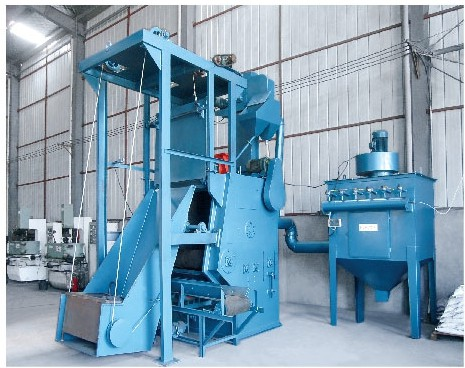
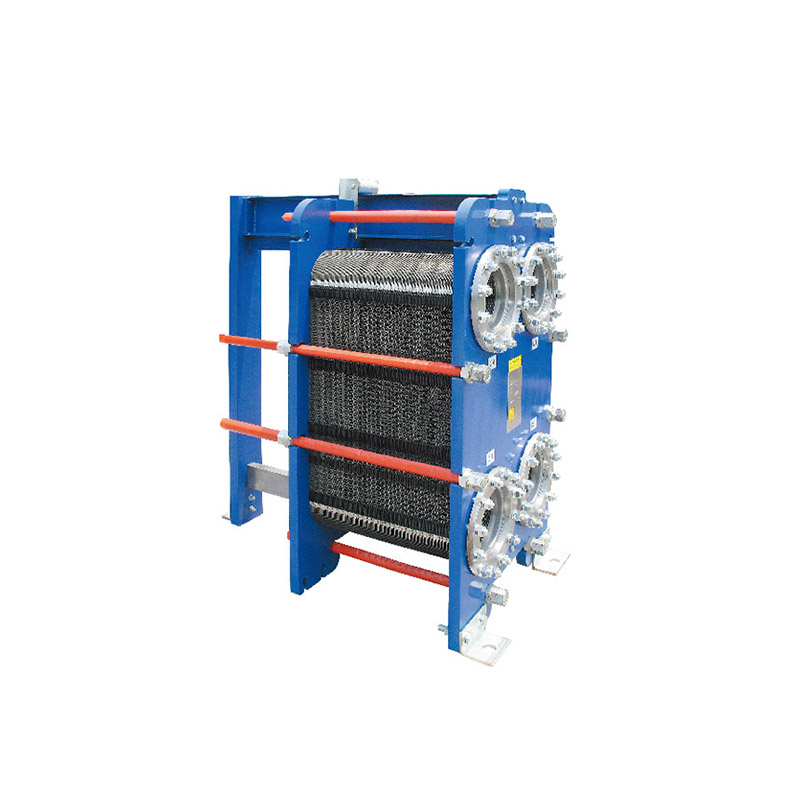
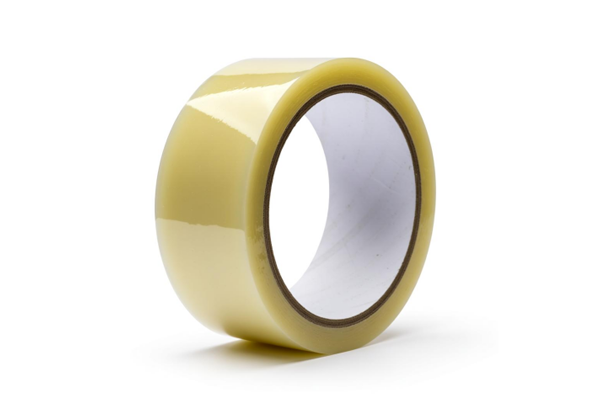
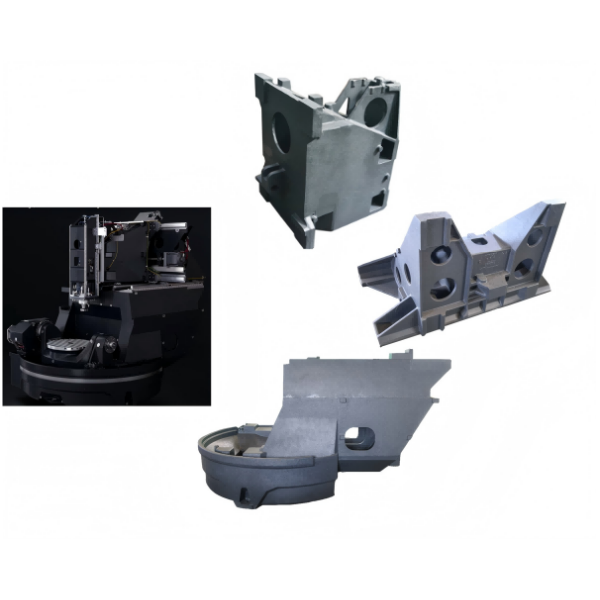
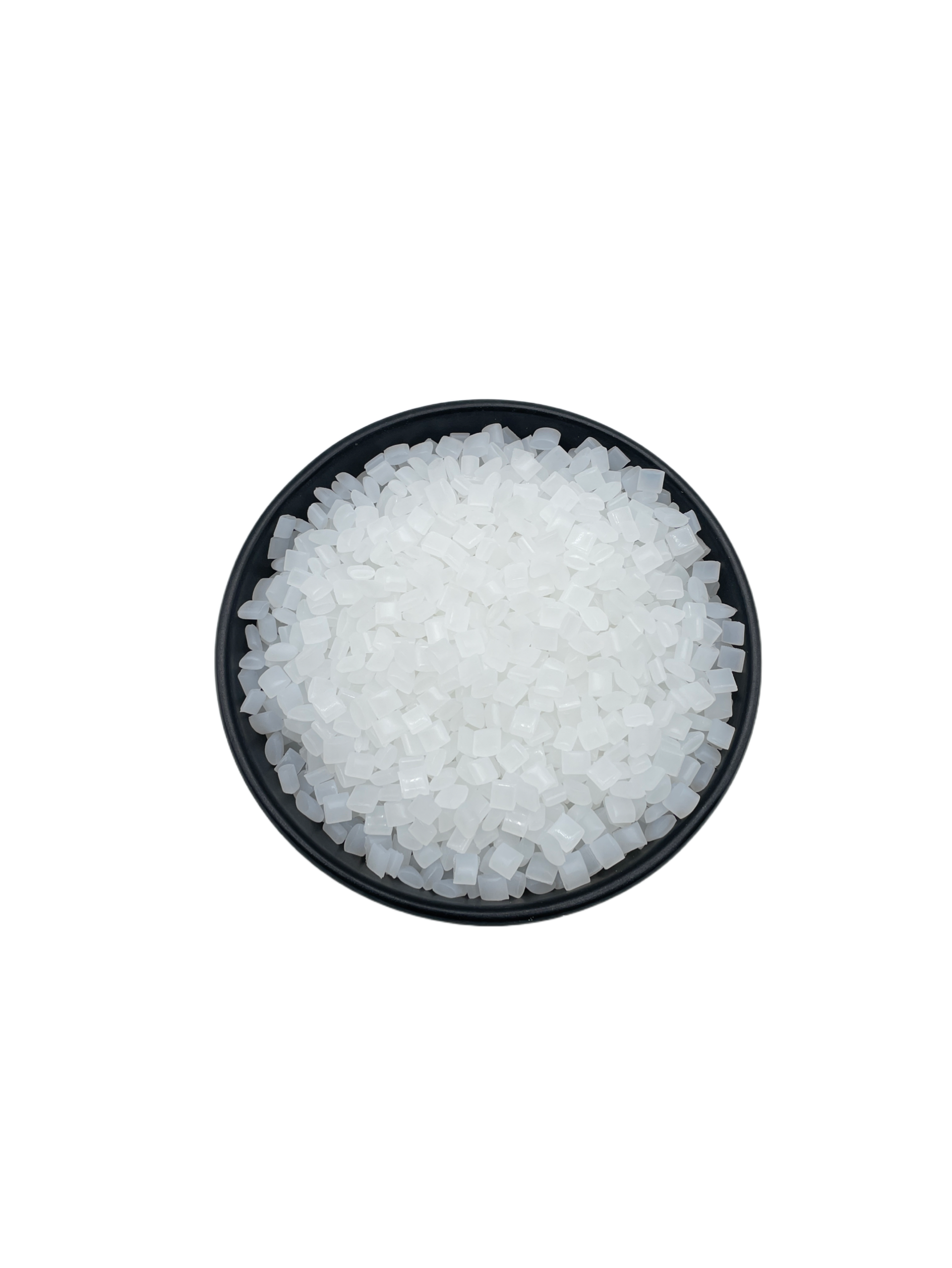

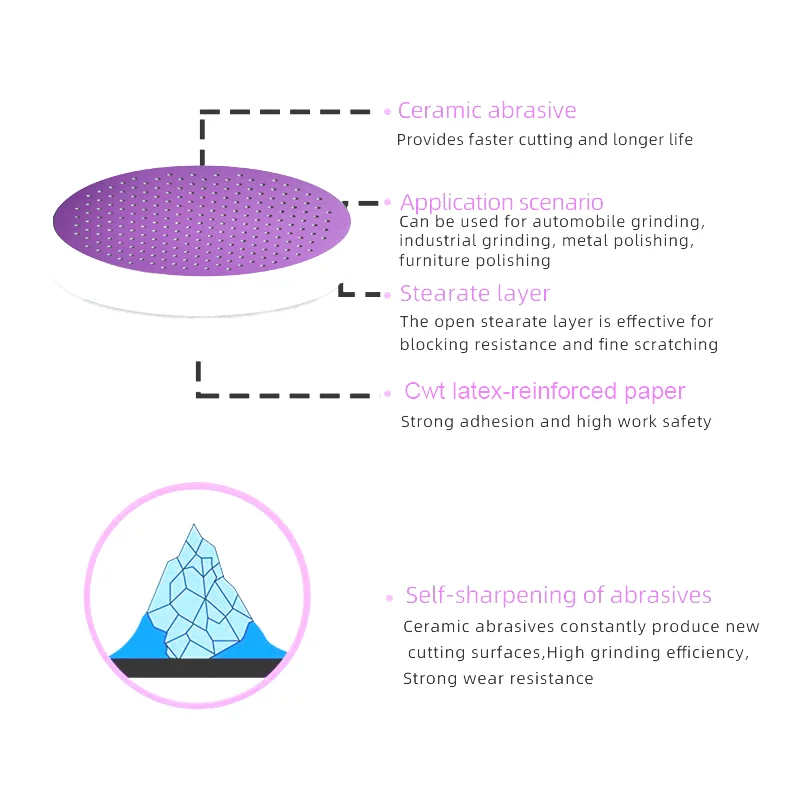
+ There are no comments
Add yours